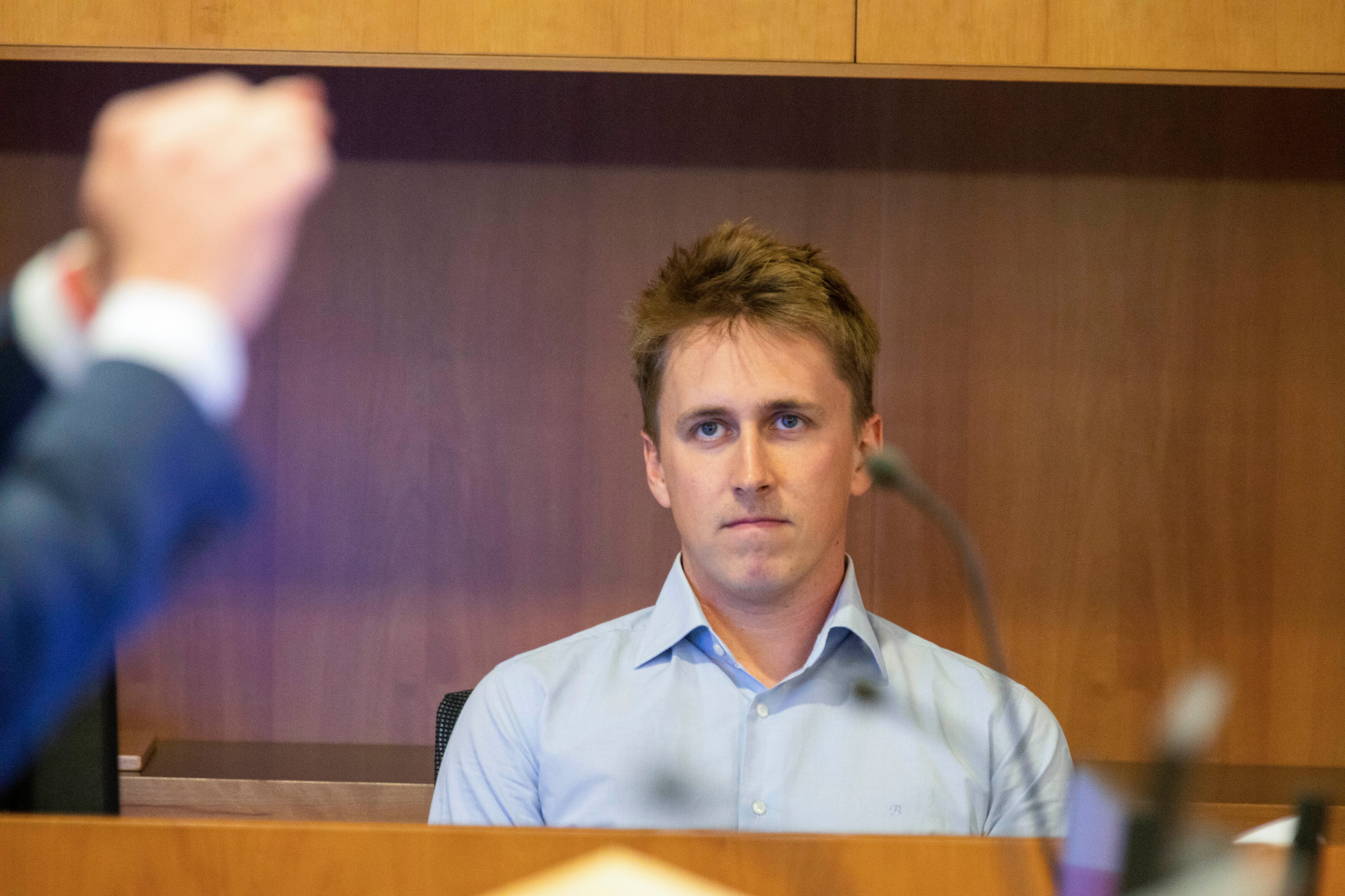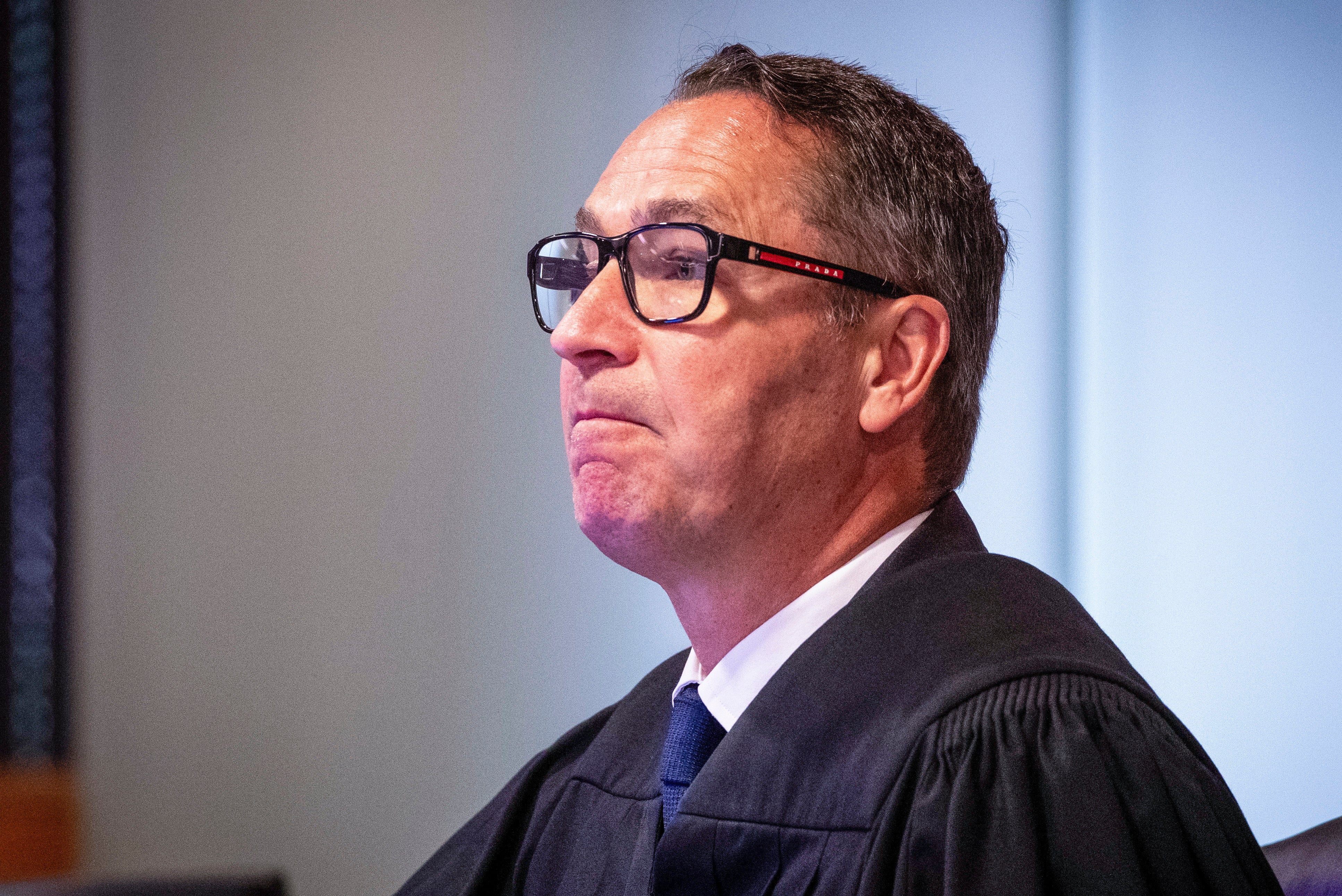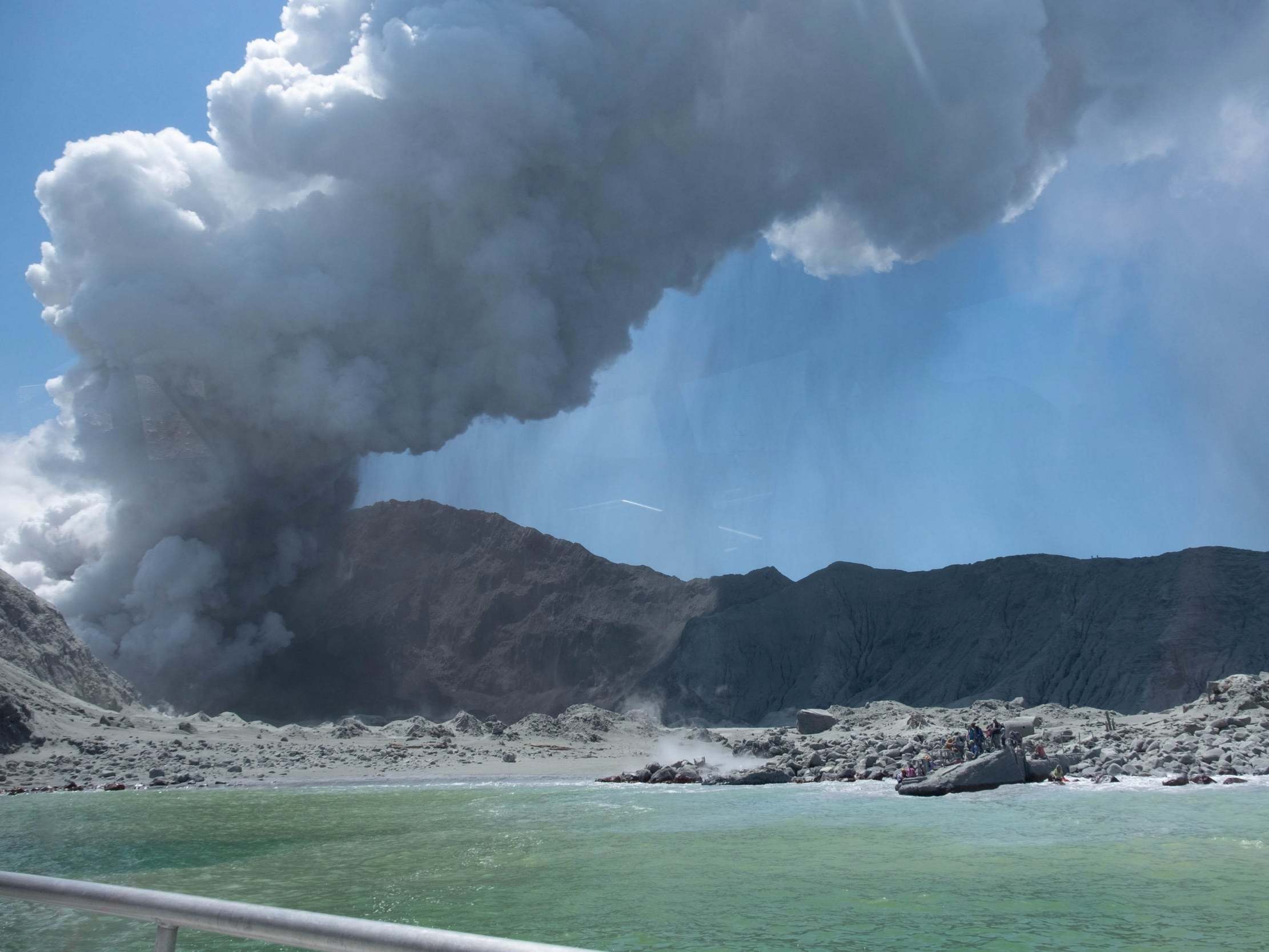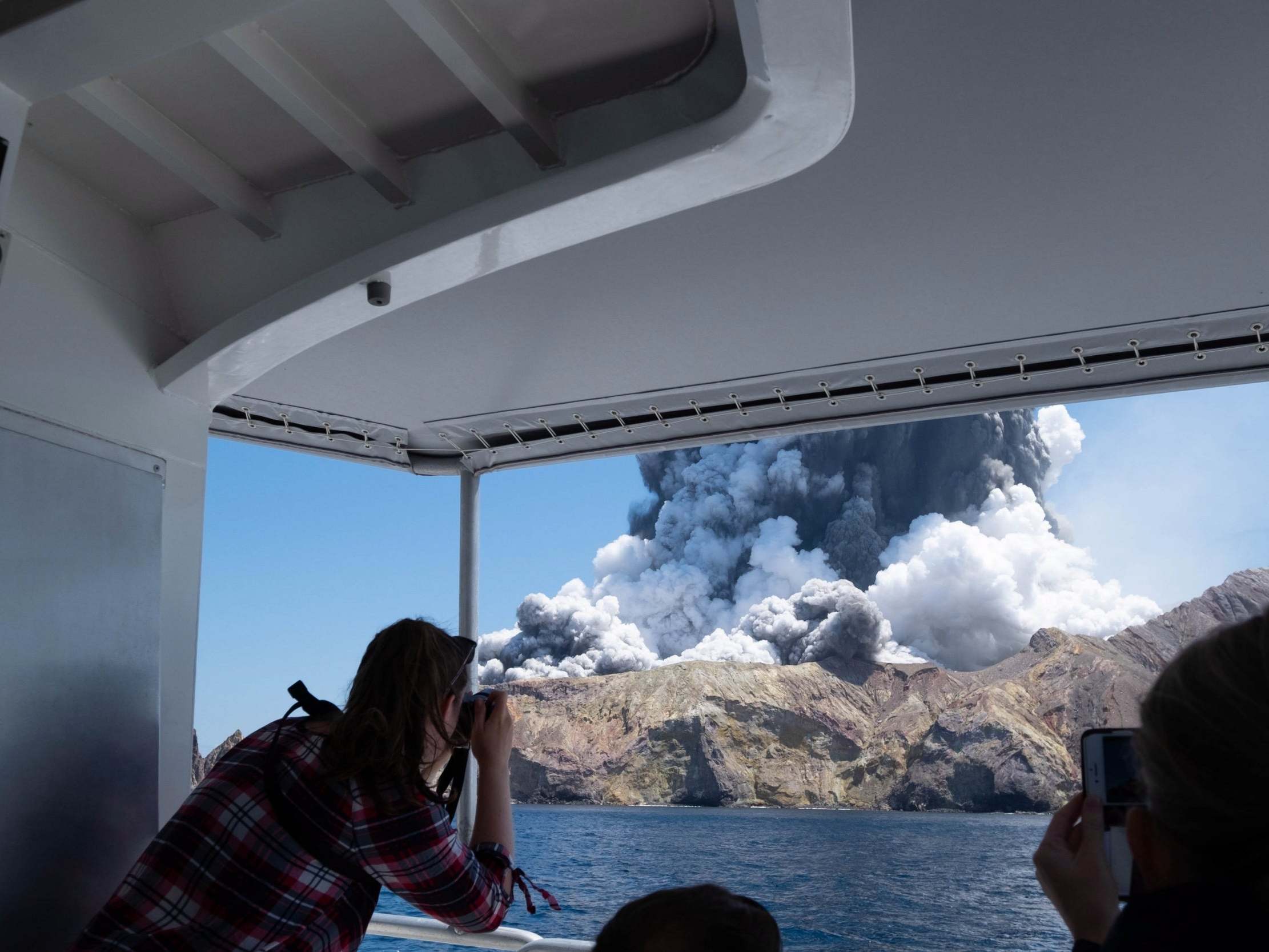
A judge is to finally decide whether the owners of an island volcano suffered a miscarriage of justice when their company was convicted of failing to keep visitors safe following an eruption that killed 22 tourists and local guides in 2019.
A three-day appeal by the owners' company ended on Thursday. Judge Simon Moore told the High Court in the city of Auckland that he would reach a decision before the end of the year.
The case hit global attention when it was featured on a Netflix documentary last year.
It has far-reaching implications and has already changed the laws governing New Zealand’s adventure tourism industry, which is often based around outdoor thrills on or around the country’s many natural hazards. Operators must now take all reasonable steps to inform customers of any serious risks.
The company, Whakaari Management — run by three brothers who own the active volcano Whakaari, also known as White Island — was ordered in March to pay millions of dollars in fines and restitutions to the victims of the eruption, who were mostly U.S. and Australian cruise ship passengers on a walking tour.
Lawyers for the company filed an appeal against the criminal conviction the same month.

The case hinges on whether Whakaari Management — which granted access to the volcano to tourists and scientific groups, collecting fees for permits — should have been in charge of safety at the volcano site under New Zealand’s workplace health and safety laws.
Anyone in charge of a workplace must ensure management of hazards and the safety of all there, including at entry and exit points.
A lawyer for New Zealand’s workplace regulator, which brought the charges in a 2023 trial, told the court on Thursday that Whakaari Management’s entire business involved granting access to an uncontrollable natural hazard, and and that it should have commissioned its own risk assessments on whether tourists should be permitted there at all.
Prosecutor Kirsty McDonald agreed with the trial judge, saying the company “had a duty to ensure, as far as reasonably practicable, that the workplace it was granting access to was without risks to the health and safety of any person.”

However, lawyers for the company told the court this week that it had acted as a landlord, not a manager of operations on the site. Rachael Reed said the company did not run, direct or supervise the tours, and the operators were responsible for safety on the site.
The lawyers for the company said that if the conviction was allowed to stand, it would make other land owners reluctant to allow such activities to take place on their property — a suggestion rejected by the regulator.

White Island, the tip of an undersea volcano also known by its Māori name Whakaari, was a popular tourist destination before the eruption and was reached by boat or helicopter from the North Island’s Bay of Plenty.
There were 47 tourists and tour guides on the island in December 2019 when superheated steam blew, killing some instantly and leaving others with agonizing burns.
Survivors told the trial in emotional testimony that they had not been told the active volcano was dangerous when they paid to visit it. They were not supplied with protective equipment, and many were wearing clothing that made their horrific burns more damaging.
In his ruling, Judge Evangelos Thomas said Whakaari Management had failed to undertake a risk assessment despite knowing of an eruption three years earlier. He said the company should have sought expert advice about the dangers and either stopped the tours entirely or put controls in place.

Charges were brought by New Zealand’s workplace safety regulator against 13 organizations and people, including Whakaari Management.
Some pleaded guilty, including three companies that operated helicopter tours, one that operated boat tours, a scenic flight operator and the New Zealand scientific agency GNS Science. Charges against others were dropped.
Judge Moore was not required to release his findings immediately following Thursday’s end of appeal hearings and did not set a definite date for his decision.







